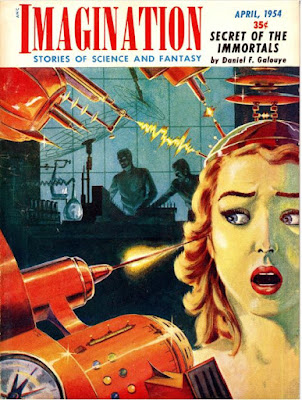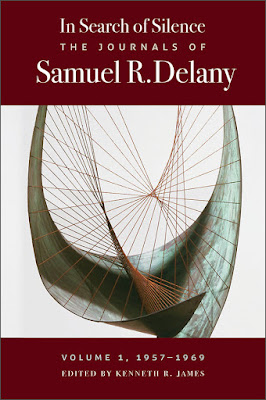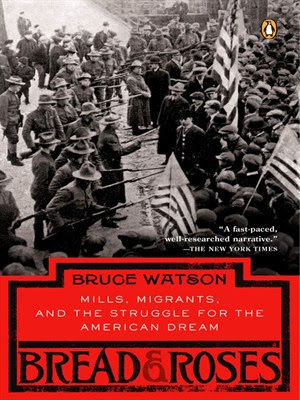What Belongs to You by Garth Greenwell

Garth Greenwell's debut novel What Belongs to You is one of the most celebrated and successful gay novels of 2016. Its success seems to me both odd and gratifying. It is a book that garnered the attention of the literati, and not just the gay literati, though it certainly has that (Edmund White blessed it with a blurb). It received praiseful notice from nearly all the major literary institutions in the U.S. (and elsewhere). It is a remarkable novel, but were I a literary agent or publisher, much of what makes the novel remarkable would have caused me to assume it would not sell very well and would find, at best, a niche audience. (This is perhaps reason #28,302 that it's good I'm neither a publisher nor an agent!) I don't know the sales figures for What Belongs to You , but it hit the LA Times bestseller list for a couple weeks, got tremendous review coverage, and often seemed to be among the books of the moment — I traveled a lot during 2016, and nearly everyw...






























